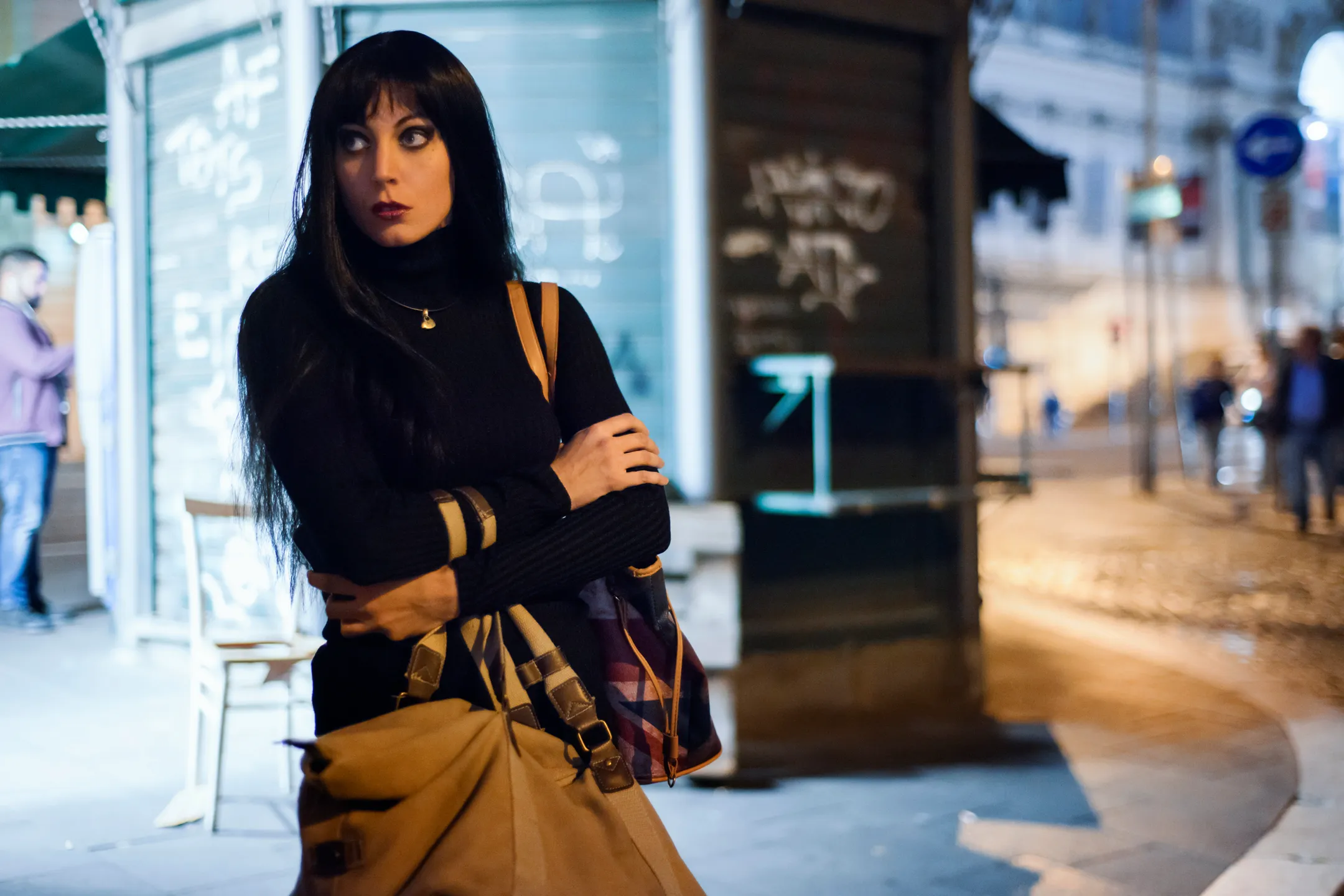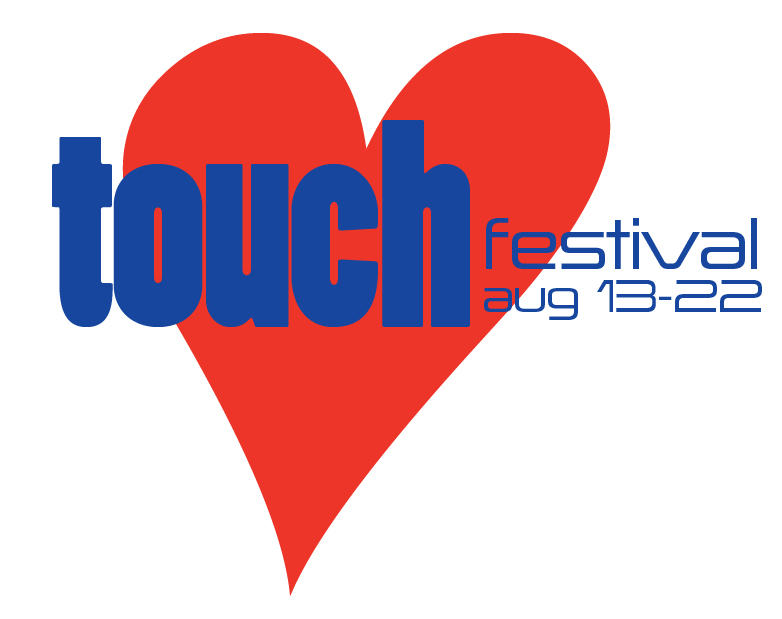Teatro dei Borgia :: Italy
Teatro dei Borgia is a company founded by Elena Cotugno and Gianpiero Alighiero Borgia.
Based in: Barletta
Web: teatrodeiborgia.it
Contact: Gianpiero Borgia, co-artistic director – artisticdirection@gmail.com

Artistic co-director Gianpiero Borgia on Teatro dei Borgia’s response to lockdown…
How was 2020-2021 for artists in Italy?
As with many professions, it was a year of crisis and opportunities – some of which were seized, most unfortunately not. The most positive thing to come out of this is that artists in difficulty for the first time in history have united in trade unions and associations, finally maturing their class consciousness as workers. I hope this awareness will not be lost. However, the suspension we have experienced could have made it possible to radically reform a system that did not work even before the pandemic, yet this has not been done.
What was the specific effect on Teatro dei Borgia?
From a daily work point of view things have changed radically. We researched how to develop preparatory phases through digital mediums and then how to focus on the final stage of their distribution during the particularly intense moments of the year.I feel that now we have to ask ourselves about the problem of narration and making sense of what is happening. For two years we have been living with the mono-theme of the pandemic, deluding ourselves by explaining the world through medical opinions and scientific data. It has never been like this, it can’t be like this, this time, either. For making sense of it all, we need to look right now to art for this.
What aid was there for you?
For the first time, the state used the same welfare tools that have been used for other jobs for decades for the workers in the performing arts and for the cultural institutions of the country.The amounts offered as aid were not sufficient at all – and in any case they were to the advantage of the biggest and most secure organsiations. But at least it is a great achievement to have finally gained this sort of recognition for what we do as an industry.
How did you resolve the problems you faced in doing work during lockdown?
We learned a lot, consumed a lot less petrol, figured out how to do fewer kilometres. We discovered that the theatre workflow was stuck in many clichés that could be overcome through new production techniques.
How did you assess its connection with its audience?
I think we shouldn’t fall into the trap of assuming that digital is theatre. It’s a medium that was born as an enemy of theatre, as a neoliberal tool and therefore anti-theatre by definition. But we actors can make it our tool. It is a way to dialogue with the public, to deepen theatre, make theatre endure long after the show itself.
Any thoughts on the future?
Theatre is now considered a hostile event, a worthless annoyance. We all feel it as we work every day. The question comes from afar: the rituality, the sentiment, the poetic discourse typical of the theatre, the suspension of time, market activity, the simple act of having to turn off the mobile phone to avoid the forced, continuous supply of data and information – all of these define a field of conflict, because by their very nature they escape the domination of neoliberal ideology. This is why neoliberal ideology naturally opposes the theatre. We theatre folk have a duty to define the level of this conflict and to find a way not to avoid the challenge.
Medea on the Streets
Medea on the Street / Medea per Strada is one of the plays in Teatro dei Borgia’s trilogy The City of Myths, its current main project – a theatre intervention in the political sphere.
